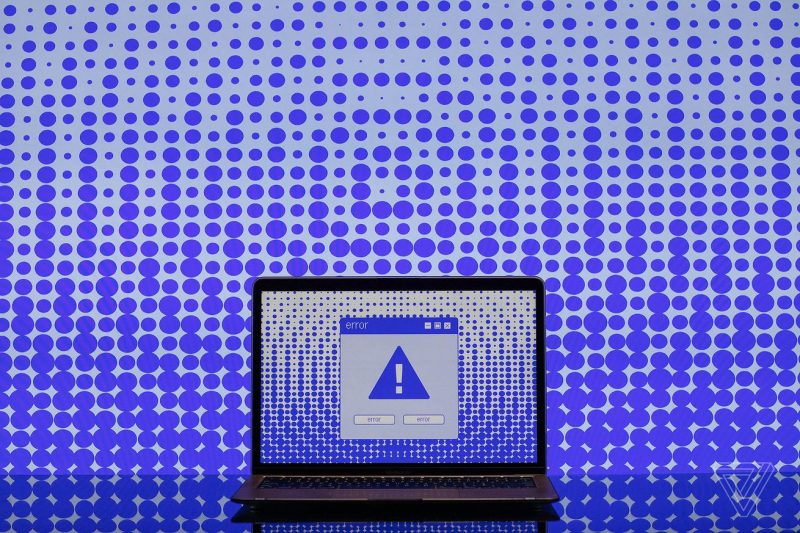The emergence of various forces that impact the healthcare industry has significantly led to challenges within the system. One such force is BlackCat, a notorious cyber threat actor known for its disruptive activities in various sectors, including healthcare. Recently, UnitedHealth made a bold claim, attributing the issue of healthcare providers going unpaid to the actions of BlackCat. This allegation highlights the critical need for robust cybersecurity measures within the healthcare sector and raises questions about the vulnerability of healthcare systems to cyber threats.
The prevalence of cyber threats in the healthcare industry is not a new phenomenon. In recent years, the sector has increasingly become a target for various malicious actors due to the vast amounts of sensitive data it holds. BlackCat, in particular, has gained notoriety for its sophisticated tactics and ability to execute large-scale cyber attacks, causing significant disruptions to organizations’ operations and financial systems.
The repercussions of healthcare providers not receiving payments can be severe and far-reaching. It can lead to delays in patient care, financial strain on healthcare facilities, and ultimately impact the quality of services provided. UnitedHealth’s assertion that BlackCat is responsible for healthcare providers going unpaid underscores the urgency for healthcare organizations to prioritize cybersecurity and implement robust defenses against cyber threats.
To address the threat posed by malicious actors like BlackCat, healthcare providers must invest in comprehensive cybersecurity protocols. This includes regularly updating software and systems, conducting thorough security assessments, implementing multi-factor authentication, and providing training to staff on cybersecurity best practices. Additionally, establishing partnerships with cybersecurity experts and threat intelligence agencies can help healthcare organizations stay ahead of emerging threats and enhance their overall security posture.
Moreover, collaboration within the healthcare industry is essential to combatting cyber threats effectively. Sharing threat intelligence, best practices, and lessons learned can help organizations proactively defend against potential attacks and respond swiftly to security incidents. By fostering a culture of vigilance and preparedness, healthcare providers can collectively strengthen their defenses and mitigate the risk of falling victim to cyber attacks.
In conclusion, the assertion made by UnitedHealth linking BlackCat to healthcare providers going unpaid sheds light on the critical importance of cybersecurity in the healthcare sector. As cyber threats continue to evolve and pose significant risks to organizations and patient data, healthcare providers must remain vigilant and proactive in safeguarding their systems and networks. By implementing robust cybersecurity measures, adopting a collaborative approach to threat detection and response, and staying informed about emerging threats, healthcare organizations can enhance their resilience against cyber attacks and ensure the delivery of quality care to patients.

